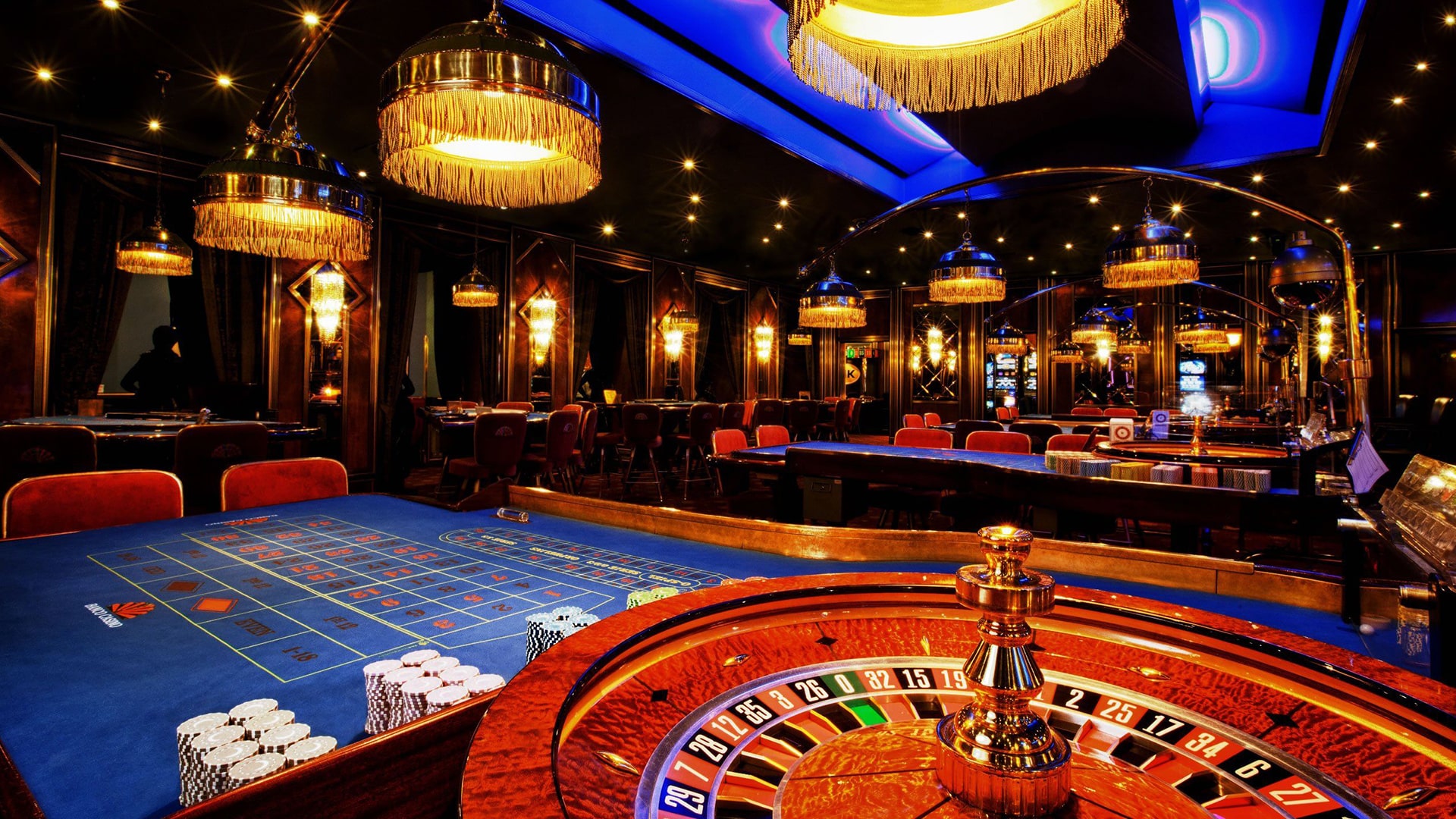Winning Online Slot Games: Top 10 Tips to Win Big
-

- By Admin
- 30 Aug 2025

Casino games have captivated players for centuries, luring them into a universe of adventure, chance, and prosperity. From the blinking lights of slot machines to the strategic nature of card tables, these experiences offer a unique mixture of amusement and hazard. However, underneath the facade of this glamour and style lies a intricate interplay of calculations that influences every result and decision made within the casino.
Comprehending this relationship between gaming activities and numerical principles merely boosts the playing experience but may also help participants make wise decisions. Whether you are a occasional punter or a avid follower, recognizing the math concepts at play can offer insightful understandings into chances, odds, and strategies, eventually affecting how one approaches these games of chance.
In the sphere of casino games, statistical likelihood plays a critical role in determining outcomes and informing gambler choices. Each activity has a unique set of rules and a particular likelihood framework that shapes its mechanics. For instance, in activities like roulette, players must comprehend the chances of hitting a certain number or color. The likelihood of specific occurrences occurring can be computed, and this knowledge can greatly influence wagering strategies.
Gambers also need to be informed of the casino edge, which is the mathematical benefit that gambling establishments hold over players in the long run. Trang chủ 78win This edge varies across various activities. In 21, skilled players can use strategies to minimize the casino edge to as low as 1 %, while in games like slot machines, the house edge can be much higher. Understanding the house advantage allows players to make wise choices about which activities to participate in and how much to wager.
Moreover, probability is essential in the principle of danger versus gain in gambling. Each wager carries a particular risk level, and players must assess the possible payout against that danger. Games like the poker game require players to not only assess the chances of their own hand winning but also to evaluate the probabilities of their rivals' showings. By utilizing mathematical principles to their gameplay, gamblers can enhance their chances of winning and engage more strategically in the thrilling realm of casino games.
When talking about gambling games, one of the basic concepts rooted in math is the expected value. This numerical measure helps players understand the possible outcomes of their wagers over time. In simple terms, anticipated worth (EV) calculates the mean amount a player can anticipate to win or suffer per wager if they were to play the activity many times. Each game has its own EV, affected by the probabilities and the house edge, which indicates the benefit that the gambling establishment holds.
For instance, think of a game like the roulette game. The expected worth can be calculated based on the specific wager made. If a player bets on a individual number, the return is 35 to 1, but the actual odds of success that wager are 1 in 37 (in Euro the roulette game). This results in a negative expected value, indicating that, on average, players will lose money over time when playing this type of bet. Understanding this idea allows players to make more educated decisions about which activities and bets may be more favorable.
Furthermore, the investigation of anticipated worth can lead to better money management. Gamblers who understand the math behind their games are often able to set practical goals. By recognizing their possible losses and gains, they can adjust their gambling strategies appropriately, which may improve their overall gambling experience. As a consequence, anticipated value serves as a critical tool for both novice and experienced players to navigate the frequently unpredictable character of gambling games.
In gaming establishments, comprehending the odds is crucial for gamblers seeking to enhance their likelihood of success. Each contest has its own unique set of odds that determine successful performances, and these numbers are often found in the gaming guidelines or payout tables. For instance, in activities like 21, participants can improve their probabilities through strategies such as counting cards, which is based on mathematical principles to gain an edge over the casino. By familiarizing themselves with the chances, participants can make more informed choices on when to bet and when to quit.
Moreover, the concept of expected outcome plays a major role in casino strategies. Average outcome calculates the typical outcome of a bet over time, allowing participants to evaluate whether a particular stake is worth taking. For example, fruit machines have a set return percentage, which can suggest the typical profit a player can anticipate on their bets. By selecting games with greater payout percentages, gamblers can minimize the house edge, enhancing their possible rewards in the future.
Lastly, successful players often utilize a mix of chance and math strategy to enhance their gaming experience. While chance is unpredictable, managing a staking plan based on calculative ideas can lead to more advantageous situations. By making use of techniques such as bankroll management and picking games, players can apply math to maneuver through the unpredictable nature of gaming, making the most of their investments and investments at the gaming tables.